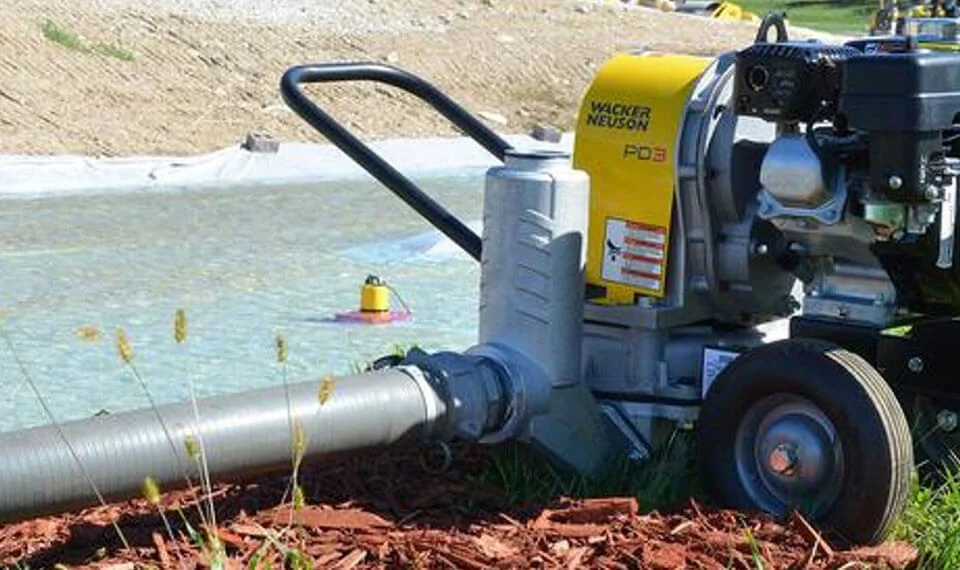Gas diaphragm pumps are versatile workhorses in various industries, known for their ability to handle a wide range of fluids and applications. However, selecting the correct gas diaphragm pump for a specific job can be a critical decision that impacts performance, efficiency, and cost-effectiveness. In this guide, we will explore the essential factors to consider when choosing the right gas diaphragm pump for your specific application.
- Understand Your Application: Before diving into pump selection, thoroughly understand the nature of your application. Consider factors such as fluid type, flow rate, pressure requirements, temperature, and any specific challenges or constraints.
- Fluid Compatibility: Gas diaphragm pumps are designed to handle a variety of fluids, but it’s crucial to ensure compatibility. Verify that the materials of construction (diaphragms, valves, wetted parts) are compatible with the fluid being pumped.
- Flow Rate and Pressure Requirements: Determine the required flow rate (in gallons per minute, liters per minute) and discharge pressure (in psi, bar) for your application. Different pumps have varying capacities and capabilities, so match these parameters carefully.
- Viscosity and Solids Handling: Consider the viscosity of the fluid. Gas diaphragm pumps are suitable for handling viscous fluids, but if your application involves pumping fluids with solids, make sure the pump can handle them without clogging.
- Chemical Resistance: If your application involves aggressive or corrosive fluids, select a gas diaphragm pump made from materials resistant to chemical attack. Stainless steel or plastic pumps may be suitable choices.
- Temperature Range: Evaluate the temperature range of your application. Ensure the selected pump can operate within the specified temperature limits without performance degradation.
- Dry-Running Capabilities: Some gas diaphragm pumps can operate dry (without fluid) temporarily without damage. If your application may involve occasional dry-running, choose a pump with this capability.
- Portability and Installation: Consider the ease of installation and whether you need a portable pump. Some gas diaphragm pumps are designed for easy mobility, while others are meant for fixed installations.
- Noise and Vibration Levels: Take into account noise and vibration levels, especially if the pump will be installed in a noise-sensitive or vibration-sensitive environment.
- Maintenance Requirements: Assess the maintenance requirements of the pump. Some gas diaphragm pumps are designed for easy maintenance with minimal downtime, while others may require more frequent servicing.
- Budget Constraints: Set a budget for your pump selection. Keep in mind that while upfront costs are important, choosing a pump that meets your long-term operational needs can save money in the long run.
- Manufacturer and Warranty: Choose a reputable manufacturer with a track record of producing reliable gas diaphragm pumps. Check the warranty and after-sales support offered.
- Consult with Experts: If you’re uncertain about your pump selection, don’t hesitate to consult with experts or engineers in the field who can provide valuable guidance.
Selecting the right gas diaphragm pump for your specific job is a crucial step in ensuring efficiency and productivity. By considering factors such as fluid compatibility, flow rate, pressure requirements, and environmental conditions, you can make an informed choice that aligns with your application’s needs. Remember that pump selection is not one-size-fits-all, and taking the time to assess your requirements will lead to better outcomes in the long run.
About Partner Rentals
Partner Rentals is more than just an equipment rental company. Partner Rentals been serving New York’s Hudson Valley with unwavering commitment. In 2016, Partner Rentals was founded to address the unique needs of the local community, focusing on high-quality equipment, dependable service, and competitive prices.

